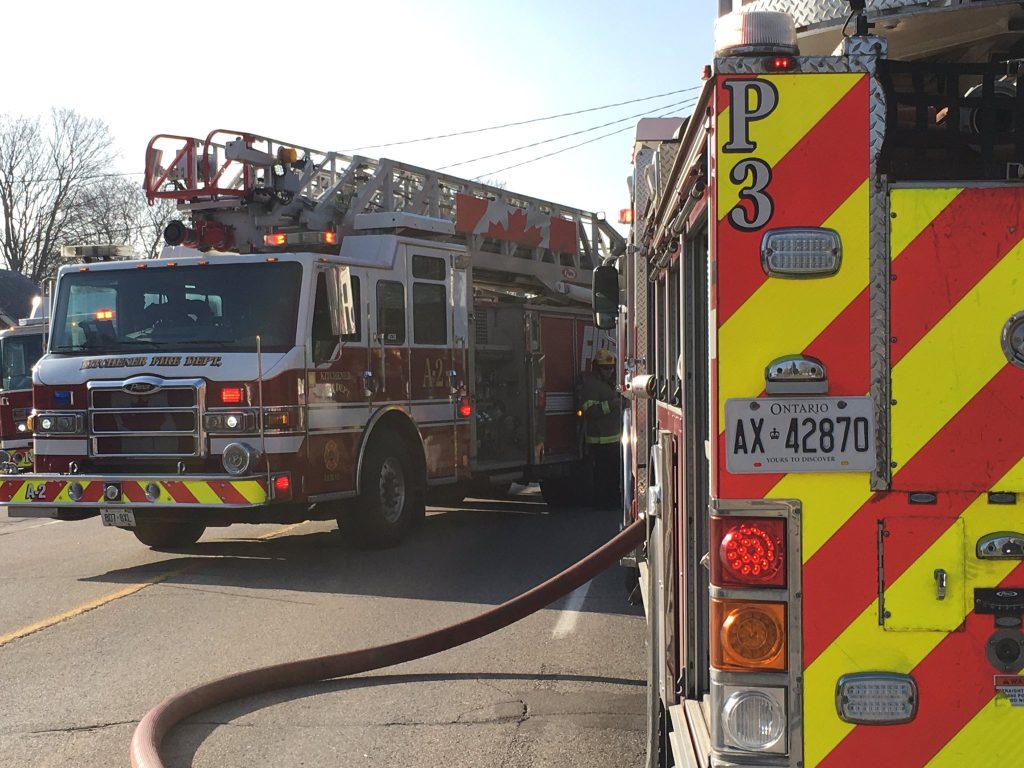Singapore hospital says 4 renal patients died of hepatitis C infections, likely from IV agents
Posted Oct 6, 2015 04:22:56 AM.
Last Updated Oct 6, 2015 05:20:12 AM.
This article is more than 5 years old.
SINGAPORE – A top public hospital in Singapore said Tuesday that four of its patients died after a new renal ward was hit by an outbreak of hepatitis C, likely from intravenous treatment.
The Singapore General Hospital apologized “unreservedly” for the deaths, a startling and rare tragedy for a nation that prides itself on its efficiency and high-quality health care.
The hospital is the largest and oldest government hospital in Singapore. The country’s founding leader, Lee Kuan Yew, who died earlier this year, spent his last days on life support in its intensive care unit.
The hospital said in a statement that 22 patients with renal disease who were hospitalized between April and June this year were diagnosed with hepatitis C infections. The infections became known after doctors observed an unusual cluster of seven cases in four weeks and involved the infection control team.
Four of the patients died, “and while they were very ill with other serious conditions, we are not able to rule out the possibility that hepatitis C virus infection could have been a contributing factor,” the hospital said.
Hepatitis C causes chronic liver cancer and is mainly transmitted through blood-to-blood contact associated with intravenous drug use, poorly sterilized equipment and transfusions.
The hospital said an initial investigation indicated that the source of infection may have been intravenous injectable agents. It said it has since taken precautionary measures.
There have been no related hepatitis C cases after the identified period, and the hospital is still contacting 411 patients who were admitted to affected wards from January to June this year for screening.
Three other deaths were not linked to the infections, and one recent death is still under review, the statement said. All cases were reviewed by a committee set up by the Ministry of Health and chaired by an external senior hepatologist.
“Patient safety is non-negotiable,” the hospital’s chief executive officer, Ang Chong Lye, said in the statement. “What happens to our patients is always our responsibility. We will spare no effort in reviewing our processes and examining all possible sources of infection to prevent recurrence.”
Health Minister Gan Kim Yong said he hopes that another committee that has been set up to review the deaths will “provide added assurance that there is an objective and critical review” of the hospital’s internal findings. It has two months to submit its report.










